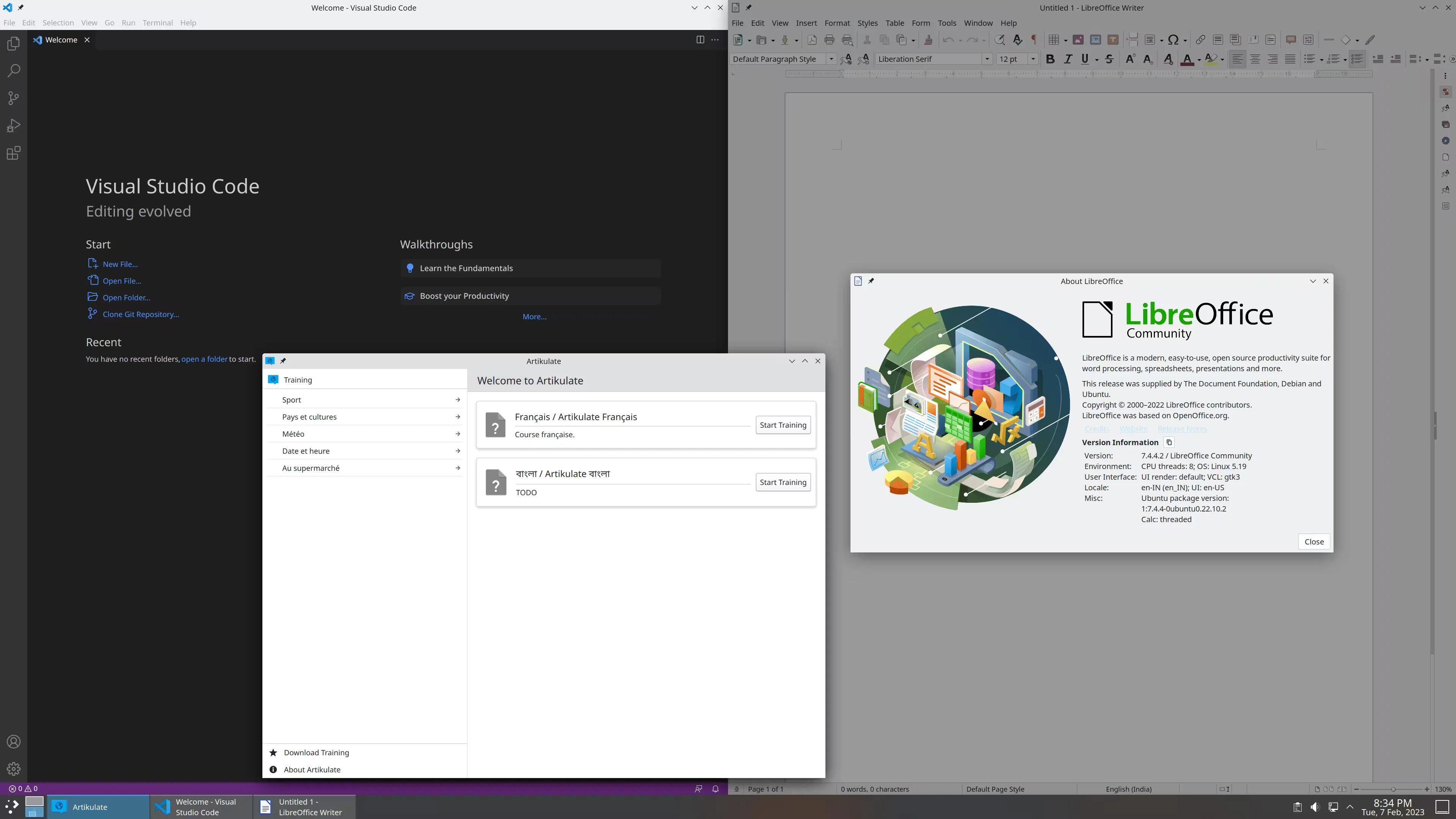Linux is a free and open-source operating system with applications in a wide range of technology, from household appliances to automobiles. Being such a powerful tool, you might be forgiven for thinking not many people use it. However, this technology also has a role to play in the educational system, and in this article, we discuss 4 benefits of it. So, if you are a student interested in expanding your knowledge base, this article is the perfect fit.
Pros of Linux for Students: 4 Benefits Of The Open-Source Technology In Education
It is common for students to be so focused on their academic responsibilities that other aspects of their lives take a back seat. For instance, having an exam around the corner might leave you trying to focus more on your upcoming tests while other areas, such as essays, are given little to no attention. Thankfully, you can always use Writing Universe or any other top online writing service for essay writing. They can deliver essays on technology and other topics and share free essay samples.
There are many benefits that technology brings to students, but in this article, we will only be focusing on Linux and 4 of its pros:
- Easy To Learn
- Allows Free Learning Communities
- Improves Analytical Thinking
- Is An In-Demand Job Skill
1. Easy To Learn
While Linux is quite powerful, it is also relatively easy to learn. If you decide to use a Linux-based operating system, you have more than enough opportunities to test out its features. The basic commands can take you anywhere between 2 and 6 days to learn. However, if you are interested in becoming a professional, you can do so in 6 to 18 months. There are many online resources, such as YouTube, that you can use to understand complex Linux-related topics.
2. Allows Free Learning Communities
It can be difficult to learn all by yourself, especially when it comes to technological tools like Linux. If you do not have any support, it can be easy to get distracted. However, with Linux, you do not need to worry about any of that. There are many online communities that you can take advantage of when trying to learn Linux. You will often find Linux professionals from all over the world that are ready to help you with what you need.
Usually, these Linux experts will communicate in English, so you will not need a translator to understand them. However, if you want to travel to a foreign university to learn an IT skill like managing a Linux database server, you will need a translator’s help with your documents. You can use Translation Report for all your important papers and travel documents in any language. This website contains hundreds of unbiased and informative reviews that help you zero in on the best translation services.
3. Improves Analytical Thinking
Writing Linux commands is a little like programming. You have to write logical statements, requiring a thorough understanding of various technical aspects. With time, you might find that writing Linux codes becomes easier, but that is also because you have become smarter. Analytical thinking is an important skill that will prove helpful while learning and operating Linux and other aspects of your life.
4. Is An In-Demand Job Skill
These days, the requirements for entry-level roles continue to increase, so it can be a good idea to learn job skills while in school. As mentioned earlier, Linux serves as the operating system for many technological tools. For example, if you want to become a cybersecurity specialist, you need to be familiar with Linux-based operating systems. Also, as many tools benefit from Linux, you will expand your job options. With knowledge of Linux, you can make the transition from cybersecurity to big data. Lastly, employers are more likely to retain and promote you when they notice you have such in-demand skills.
Conclusion
Trying to balance academic responsibilities with other activities can be quite a challenge. However, certain growth areas, such as learning Linux, make it worth it. Hopefully, this article has been able to convince you why Linux is good for students. Try learning Linux today, and your future self will be grateful.
